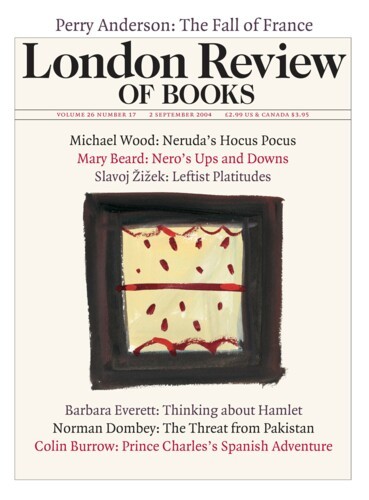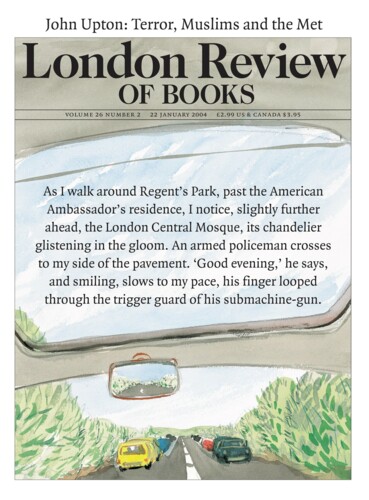Diary: set in Tunisia
Mary Beard, 14 December 2006
The practical mechanics of crucifixion have had a lurid hold on the popular imagination for at least two millennia. The idea that St Peter was crucified upside down was no sooner taken as a sign of his self-proclaimed unworthiness to share the fate of Jesus, than it was reinterpreted as a mark of his common sense. Even a poor fisherman knew that hanging head down brought the oblivion of...





